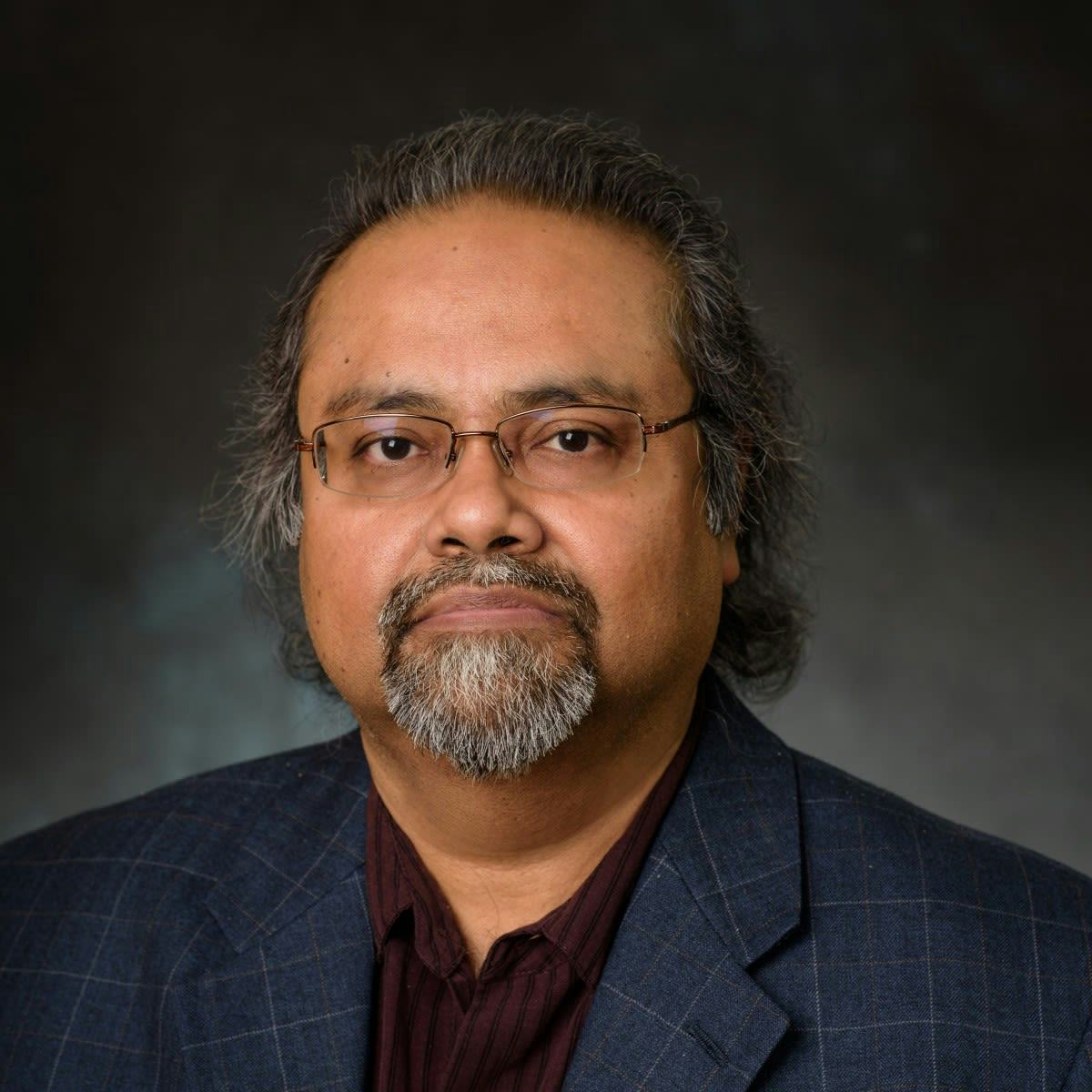Dibs Sarkar brings his expertise on sustainability to the Stevens School of Business
Much like the perceived relationship between sustainability and business, the term “wicked” does not mean the first thing that comes into the mind of the average person. To help explain, Dr. Dibs Sarkar, a professor at Stevens’ Schaefer School of Engineering and Science and director of the recently formed Stevens Center for Sustainability, likes to cite The Blind Men and the Elephant by American poet John Godfrey Saxe. In this story, six blind men try to describe an elephant through their individual experience feeling different parts of the animal such as the trunk, tusk or leg.
“If you touch one part without knowing what the other part is, you will be like one of these blind men and you will not be able to describe the whole elephant,” he said. “Sustainability problems are just like that. They are complex, inherently interdisciplinary, and wicked. Here, ‘wicked’ doesn't have a negative connotation. It means a very complex system that you cannot solve without looking at it holistically, in its entirety.”
That desire for an interdisciplinary approach led Sarkar, winner of the 2022 Stevens Research Excellence Award and 2021 University Distinguished Service Award, and the School of Business to create a joint appointment that makes him an affiliate professor on the business school faculty.
“When I was the Chair of the Faculty Senate I worked very closely with Gregory [Prastacos], and we talked several times about doing things together,” he said. “I told him if he needed my help, I was ready. This affiliation coincided with my appointment as the founding director of the new Stevens Center for Sustainability. Sustainability, by definition, is interdisciplinary. I thought associated with two different schools would give people a good idea that they should work together to develop solutions to the wicked sustainability problems.”
In his new role, Sarkar will lend his sustainability expertise to existing faculty and help recruit new faculty members, offering mentorship and helping develop research programs at the School of Business. He will also assist in sustainable business curriculum development and will be able to serve on the dissertation committees of Ph.D. students whose projects have significant sustainability components. As sustainability becomes a key issue in the corporate world, Sarkar’s presence will provide the School of Business with an in-house expert that reinforces the school’s reputation and “creates an additional connecting point with forward-looking companies.” Down the road, Sarkar would be willing to direct sustainability programs at the school if that is deemed necessary.
To understand the role business can play in sustainability, it helps to define it.
“Think of sustainability like a three-legged stool. One leg is the planet, which is the environment and energy. That’s what people automatically think of when they think of sustainability,” Sarkar said. “But the second leg is equally important, which is called prosperity. That's what business is. You cannot keep on doing things only because it positively impacts the planet. You have to draw the line somewhere. You have to do things like cost-benefit analysis that aren’t in the realm of scientists like me. That's where the businesspeople come in. Business and economy play a very important role. The third pillar is people—the most important pillar. That's community sustainability, social sustainability, and how the people who are mostly impacted get to share in the benefits of sustainability.”
Many times, business is defined as causing the problems that sustainability tries to address, and to some extent, it has, but Sarkar is a firm believer that it will also play a large part in helping develop solutions.
“When you talk about sustainability, you do not think of Wall Street, right?” he said. “But it's primarily because of the stocks that there is so much investment in sustainability now. The stock values of companies go up when people see that they are contributing towards the betterment of our future. Sustainability is all about our future. So far, we have been aggressive in helping ourselves without thinking about what we are going to leave behind which is a very selfish move. But resources are limited. We cannot waste, and that’s where businesspeople come in. They help us do all the different types of analysis. Accounting for carbon is huge. Green finance is big. Green marketing is big. So that's where the business school comes in.”
With this new, developing partnership between Sarkar and the School of Business, he’s excited about its full potential for interdisciplinary collaboration.
“What I want is to have as many people as possible join the discourse on sustainability from business school, and hopefully my presence will catalyze that.”



